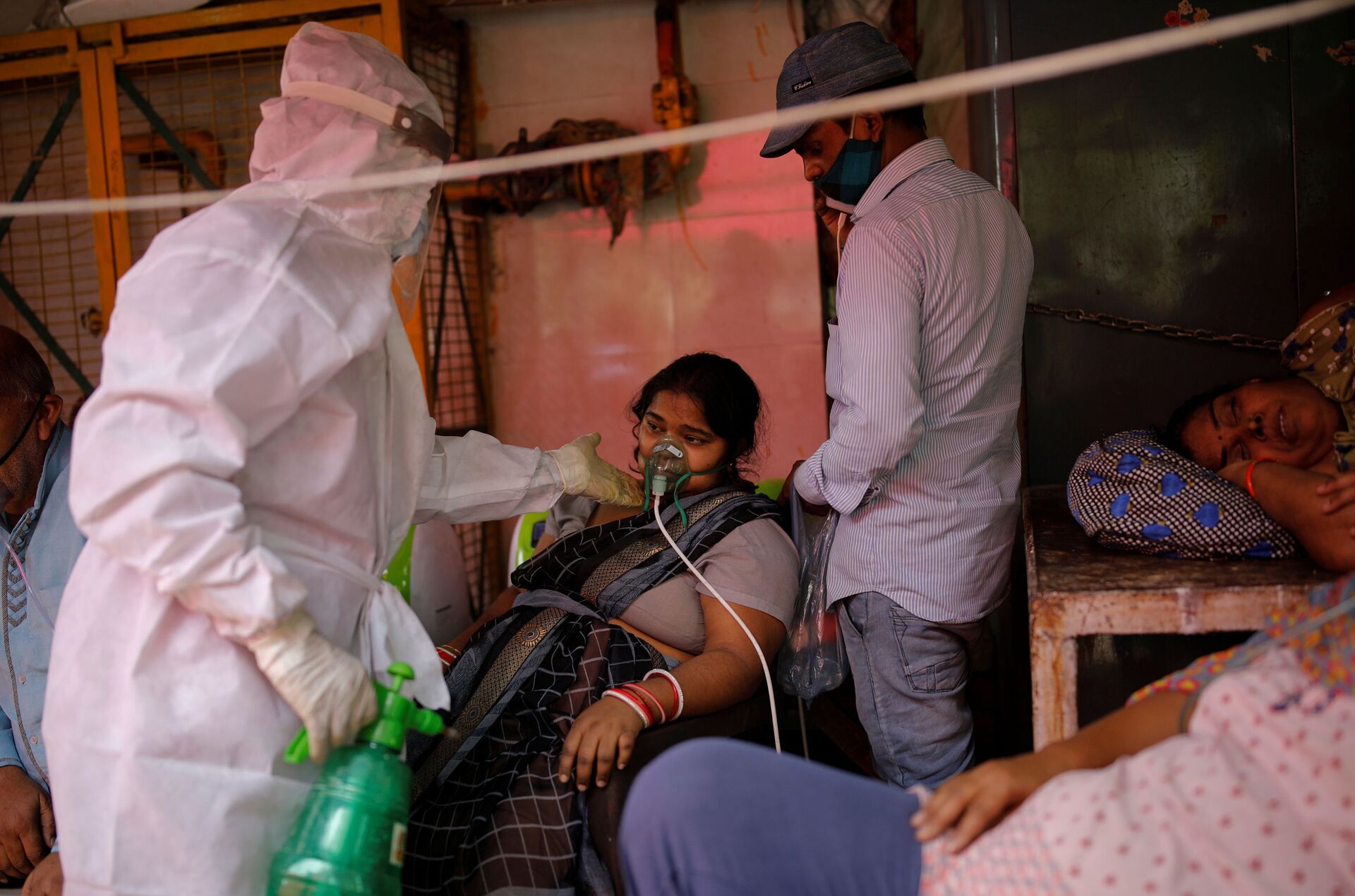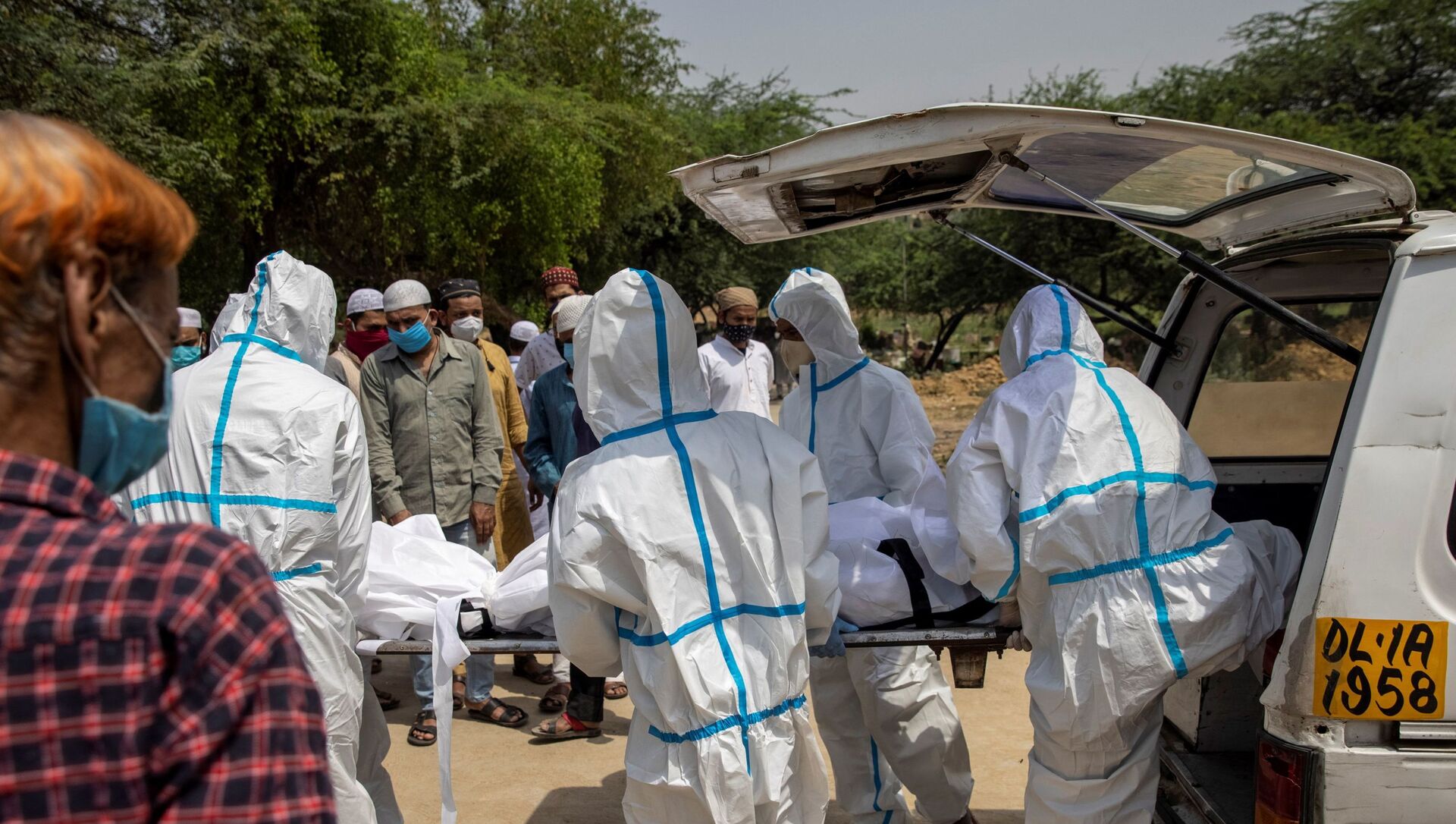BioNTech, a German biotechnology company that jointly developed with Pfizer a coronavirus vaccine, assumes that the global pandemic could last until 2022, as some countries face a disruption in vaccine supplies – slowing mass vaccination programmes and limiting the prospect of reaching a herd immunity, The Wall Street Journal reported on Tuesday.
According to BioNTech CEO Uğur Şahin, who spoke at The Wall Street Journal’s CEO Council Summit, the deadly disease will proceed if countries such as India continue to struggle with an unprecedented COVID-19 surge, and do not work harder to secure higher vaccination rates.
“We need to ensure really high vaccination rates worldwide. Otherwise, no one will be safe,” Şahin said.
The pharma boss suggested that “by mid-2022, even regions with high density populations like India will reach a high rate of vaccination and herd immunity.”
“We will see in the next 12 months an increasing number of industrial, developing and low-income countries reaching this type of herd immunity just by increasing the manufacturing capacity of the currently existing players and adding new manufacturing sites,” he offered.
A chief medical BioNTech expert, Özlem Türeci, claimed that mixing and matching vaccines from different producers could contribute to a more rapid acquisition of collective immunity worldwide. The practice has already been tested by the Centers for Disease Control and Prevention (CDC), which has allowed so far a combination of only two vaccines in “exceptional situations” – Pfizer and Moderna.
“The more vaccines we have available, the better…We can obviously mix and match them in principle. Because at the end of the day, we want to achieve herd immunity. We want to achieve as many vaccinated people as possible,” she said.
BioNTech, co-operatively with Pfizer, pledged to expand its “manufacturing alliance of more 30 companies in order to produce more vaccines to supply countries such as India.”

India has recently faced a new and more severe wave of infections, currently at almost 22.3 million since the beginning of the pandemic outbreak, with more than 300,000 cases now reported on a daily basis as a new rapidly-spreading COVID-19 variant is said to be more contagious. The country faces vaccine shortages while the government announced a third phase of mass vaccination that has already covered almost 159 million Indians in a total population of at least 1.3 billion.
As the New York Times earlier reported, virologists and health care officials believe that herd immunity is unachievable in the near term, because vaccine producers are not able to keep up with demand, as well as notably unequal immunization rates across the globe.


